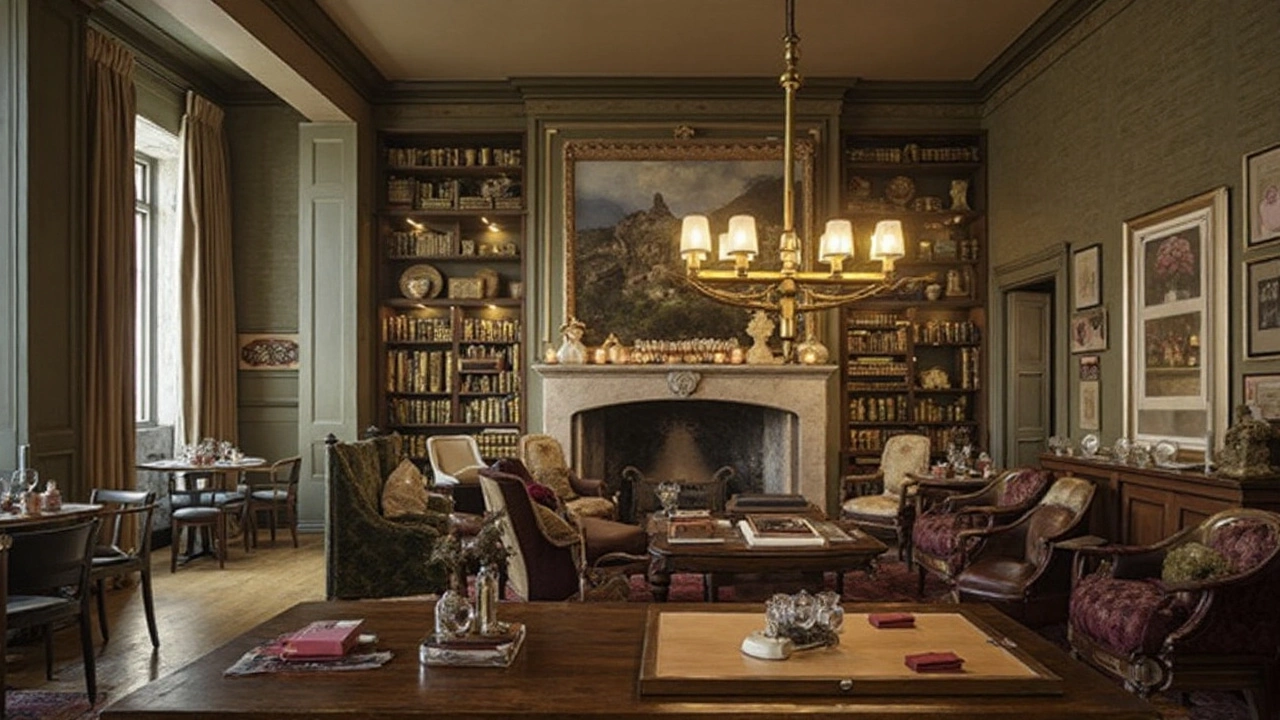What Is a Boutique Hotel?
When you hear "boutique hotel," you probably picture a stylish building with a cozy vibe, not a massive chain with identical rooms. In simple terms, a boutique hotel is a small, design‑focused property that offers a personal touch you don’t get at big‑brand hotels.
Size matters. Most boutique hotels have fewer than 100 rooms, often tucked into historic buildings or vibrant neighborhoods. This limited size lets the owners pay attention to details – from the artwork on the wall to the way the lobby smells in the morning.
Location is another clue. Boutiques love to sit in the heart of a city’s cultural scene, a quiet village, or a scenic spot. You’re usually steps away from local cafés, galleries, or a beach, making it easy to explore without a car.
Defining Features of a Boutique Hotel
First, design isn’t an afterthought. Every room, hallway, and common area follows a theme that reflects the area’s character. Think exposed brick, local art, or a colour palette inspired by nearby nature.
Second, service feels personal. Staff often remember your name, your favourite coffee, or the pillow you like. That level of care turns a stay into an experience rather than just a place to sleep.
Third, food and drink are usually curated. Many boutiques have a small restaurant or bar that serves locally sourced dishes, craft beers, or specialty cocktails. You’re not just getting a room; you’re getting a taste of the region.
Finally, amenities are thoughtful, not endless. Instead of a huge gym, you might find a yoga studio, a rooftop garden, or a library of local books. Everything is chosen to make your stay feel unique.
Boutique Hotels vs Business Hotels
Business hotels are built for efficiency. They have standard rooms, fast Wi‑Fi, conference facilities, and a predictable layout. You know exactly what you’re getting, which is great for work trips where consistency matters.
Boutique hotels, on the other hand, trade uniformity for character. While they still offer reliable Wi‑Fi and work‑friendly spaces, the vibe is more relaxed and creative. If you need a quiet corner to finish a report, you’ll likely find one in a stylish lounge rather than a bland hallway.
Price can vary. Because boutiques invest heavily in design and local sourcing, they sometimes cost a bit more than a standard business hotel in the same area. However, the extra you pay often buys an unforgettable stay rather than just a bed.
Choosing between the two comes down to what you value. If you want a predictable, no‑frills base for meetings, a business hotel does the job. If you crave a place that feels like a story you can live in for a few nights, the boutique option is the way to go.
So, next time you book a trip, ask yourself: do I want a room that simply exists, or a space that adds something special to my travel story? That’s the real difference between a boutique hotel and the ordinary.
What Is a Boutique Hotel? Meaning, Features, and How to Choose
Plain-English explainer of boutique hotels: definition, what to expect, how to tell real boutiques from ‘lifestyle’ chains, with checklists, examples, and booking tips.
